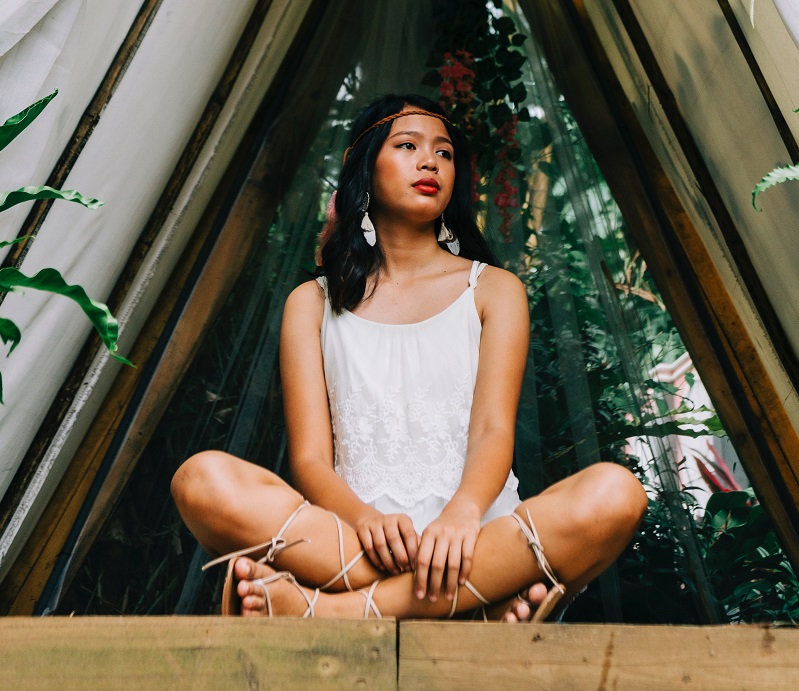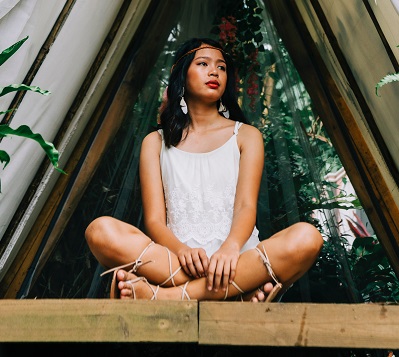
This topic is hard to discuss even for adults. So how do we talk to children about it so they can get a better perspective of what Indigenous Peoples Day means for our history?
Isn’t changing the narrative of something that happened centuries ago too woke?
The historical revisionism of a national holiday is good. It has not been long since we started to acknowledge that the “discovery of America ”damaged native communities forever. And that their legacy should be the one being celebrated instead of their colonizers. Celebrating colonization is something we have been doing for as long as we can remember. The first celebration of Columbus Day in the US dates back to 1792. In New York City on the 300th anniversary of Christopher Columbus’s arrival to indigenous land, spoiler alert. He didn’t discover anything. He just got lost.
Christopher Columbus never reached the United States in his expeditions. He landed in Central America. And his four voyages to the American continent got him to modern-day South America and the Caribbean. This is a difference we must point out to kids to help them differentiate and acknowledge the American continent’s wide diversity as young as possible.
How do we start the process?
Well, we have been teaching this predominantly white narrative for many centuries. Our job is to change it and transmit a more accurate version of history to our children. We have to tell them about the Indigenous civilizations that existed on this land before the Spanish arrived. Also, we have to stop this perception of the European exploring and discovering native lands as something heroic, because it’s not. October 12, 1492, was the beginning of conquest and death, and that’s a term we have to make them aware of; the termination of an entire civilization is something we must make them sensitive about.
What’s the new narrative we should be telling our children about Indigenous Peoples Day?
We should celebrate indigenous people’s legacy. Uplift what is left of it by honoring their ancestors and traditions. We can start by recognizing the genocide made by the Spanish.
This by no means refers that the conquest of the American continent and the historical process that led Christopher Columbus to the shores of Guanahani (the Bahamas today) shouldn’t be taught at schools. It’s important to remark how the encounter had a tremendous impact on world history both good and bad. Even more so, it’s necessary, once again, we as parents remark and acknowledge the bad in this learning experience. We transmit to the children in our lives how a process of colonization is painful for a lot of communities.
How is this still painful for some if it happened centuries ago?
Well, Native Americans are still a marginalized group in society that deals every day with the consequences of this painful and bloody process. It would be negligent not to expose our children to their truth; otherwise, we would be perpetuating a glorifying story about a horrible process.
Like any other atrocity committed by humanity, we must acknowledge the consequences of the horrid actions taken. We cannot change, and because of this, we must have a critical, truthful, and factual view about it because it works as a warning and as a representation of both the good and the bad of human history. To teach both children and adults about these atrocities and to remind them is crucial to prevent this kind of event and discriminatory discourses to repeat themselves. The constant reexamination of our past to better our future is something we shouldn’t lose a grip on.
Isn’t this topic too difficult for school-age children to understand? Wouldn’t it be better to explain it to them when they are older?
This is hard to teach, especially to explain these complex truths to younger children. The key to this is to be the most direct and sensible about it as possible. When in doubt, ask your kids’ teacher how to go about it, such as playing movies and explaining what’s wrong with stereotypes. Or dig up information about your area’s native people, teach your kids about indigenous reservations, their fair claims on protecting their land, and the rights we should recognize for their community.
Summary
To celebrate Indigenous Peoples Day, families must celebrate the survivors. Not only because history is ever written by the victorious, but also because they are the warriors that fight every day and have. For centuries, gone against stereotypes and systematic limitations imposed on their land. There’s no United States without acknowledging the real Americans, their traditions, and cultures. May we continue to uplift their communities and make room for their stories to be told in their day.


